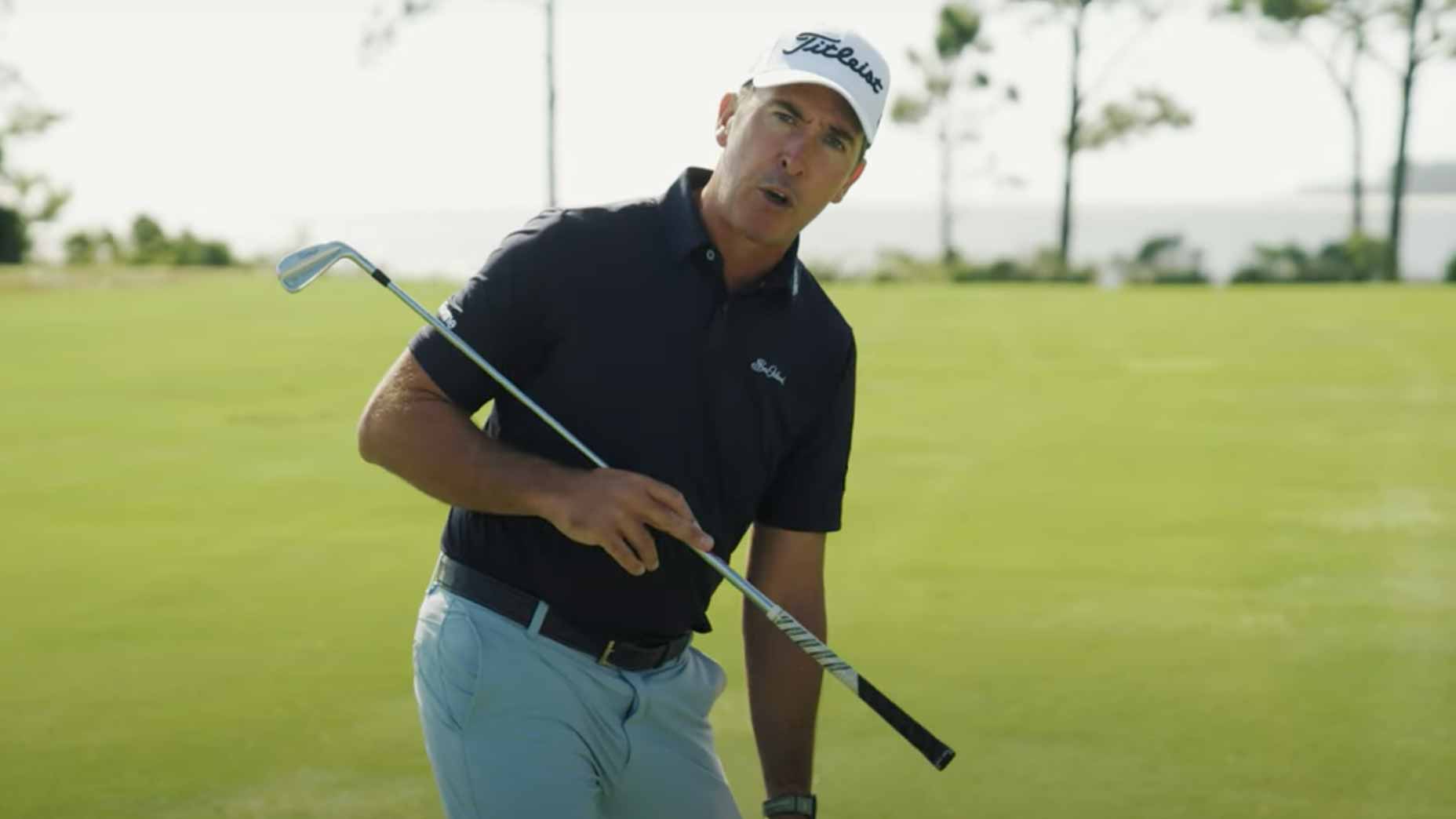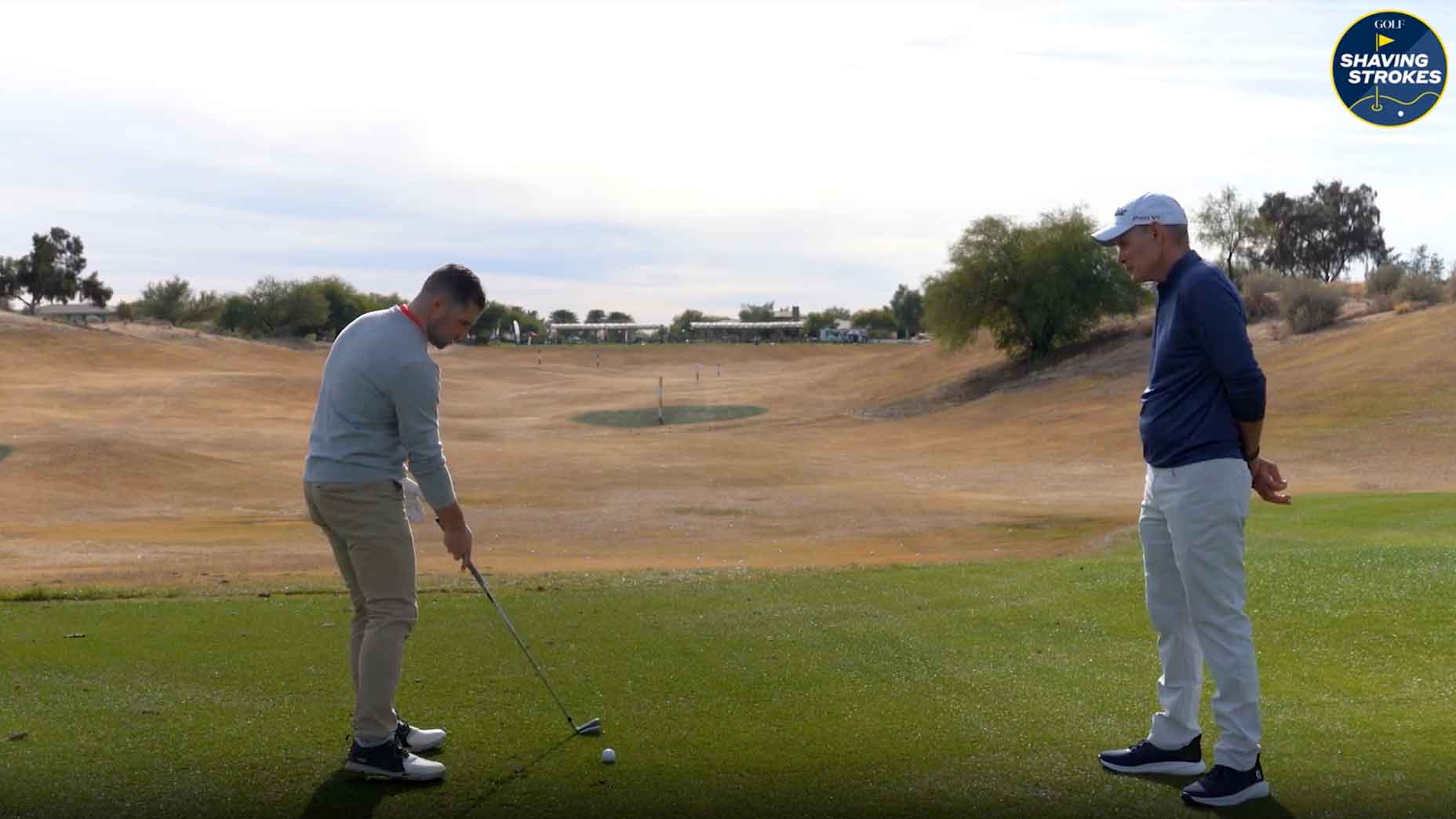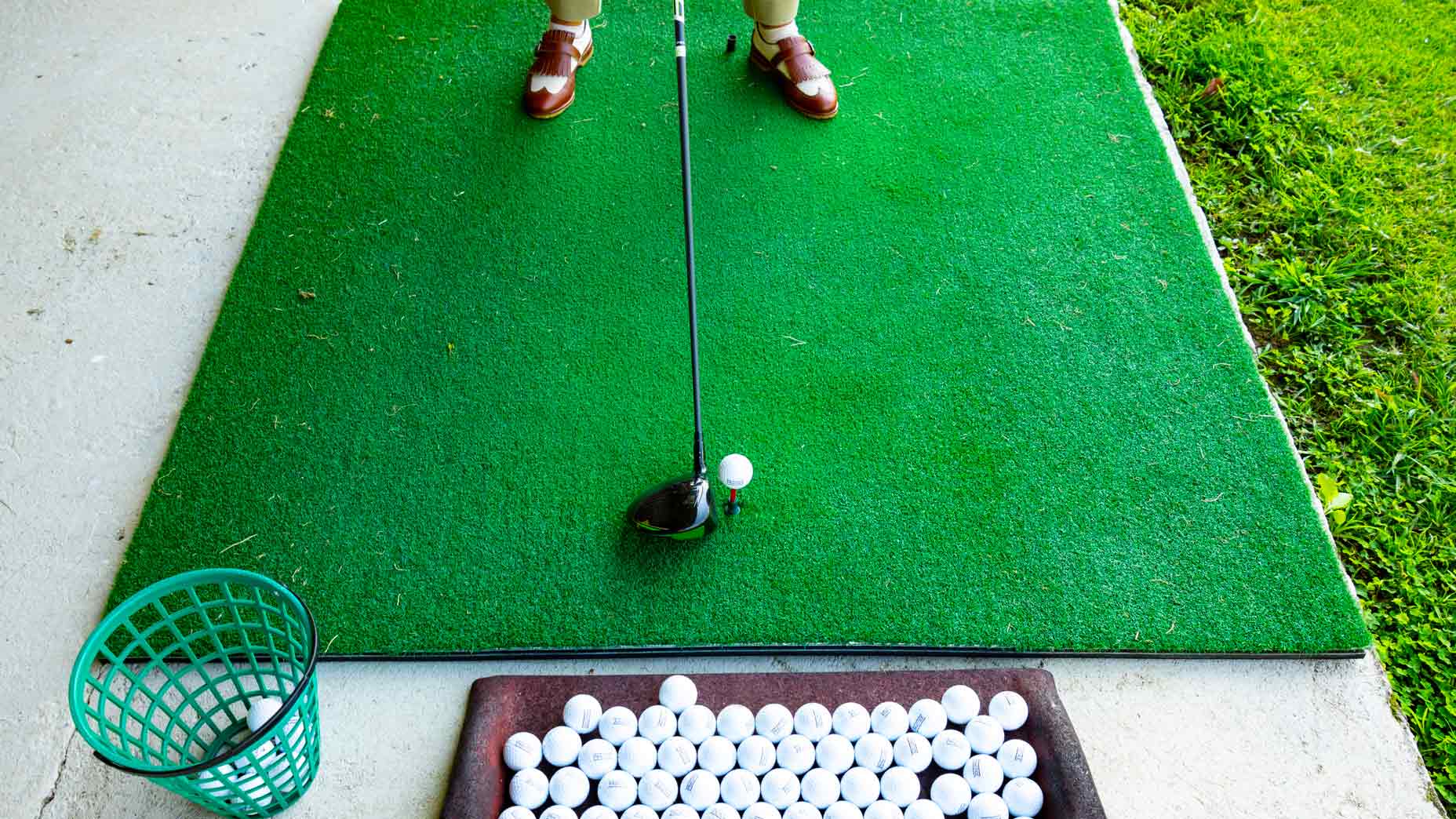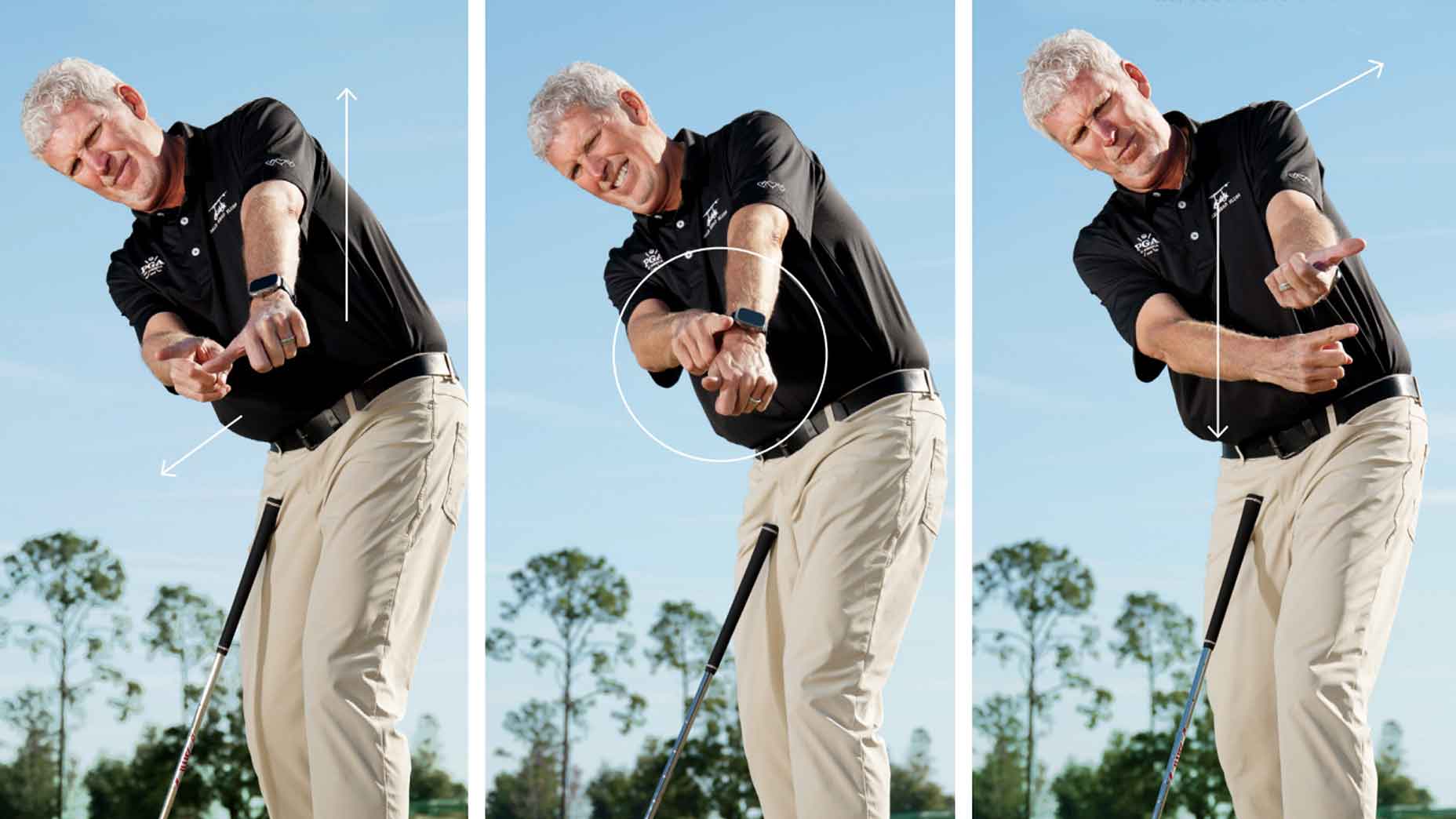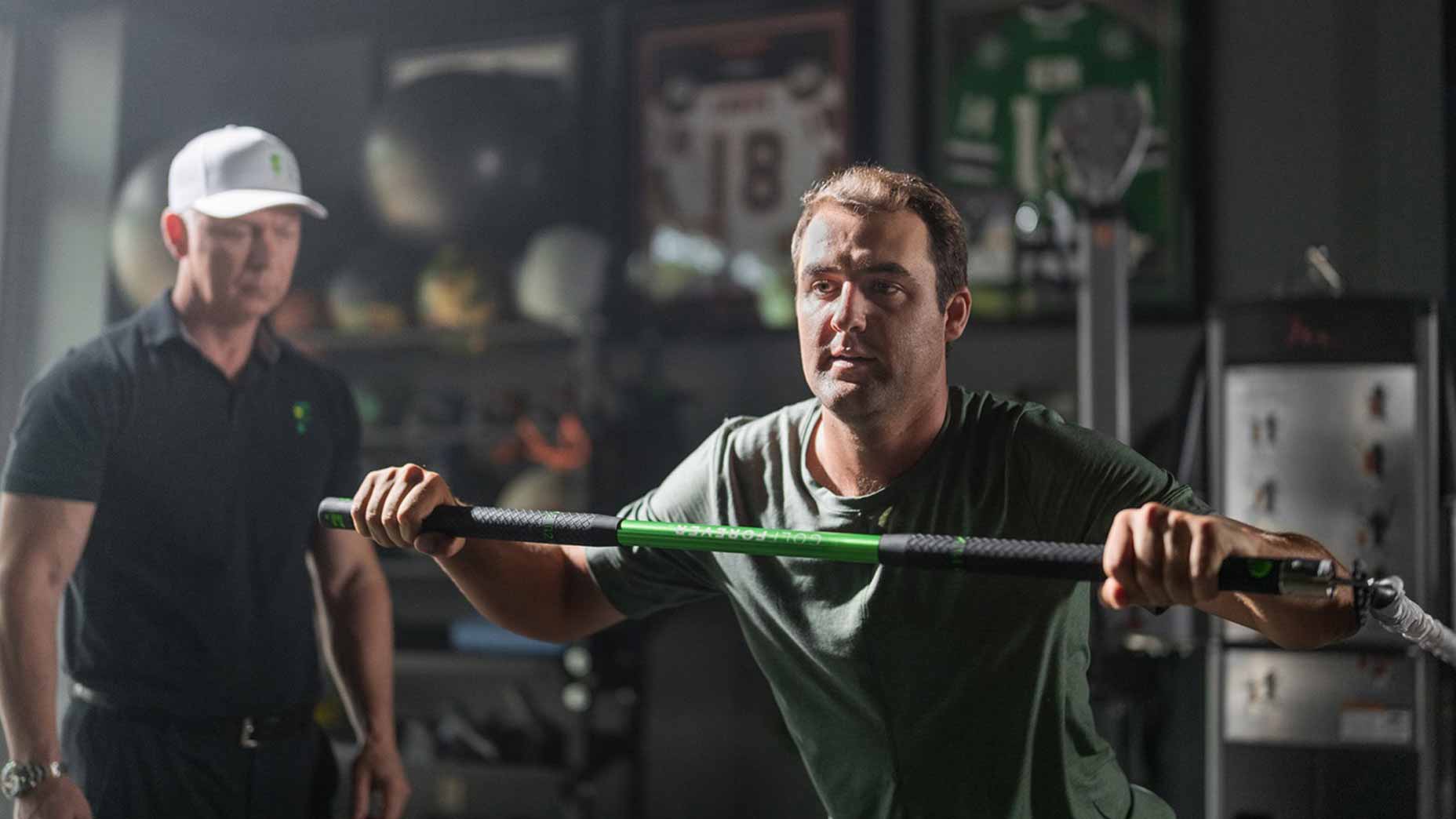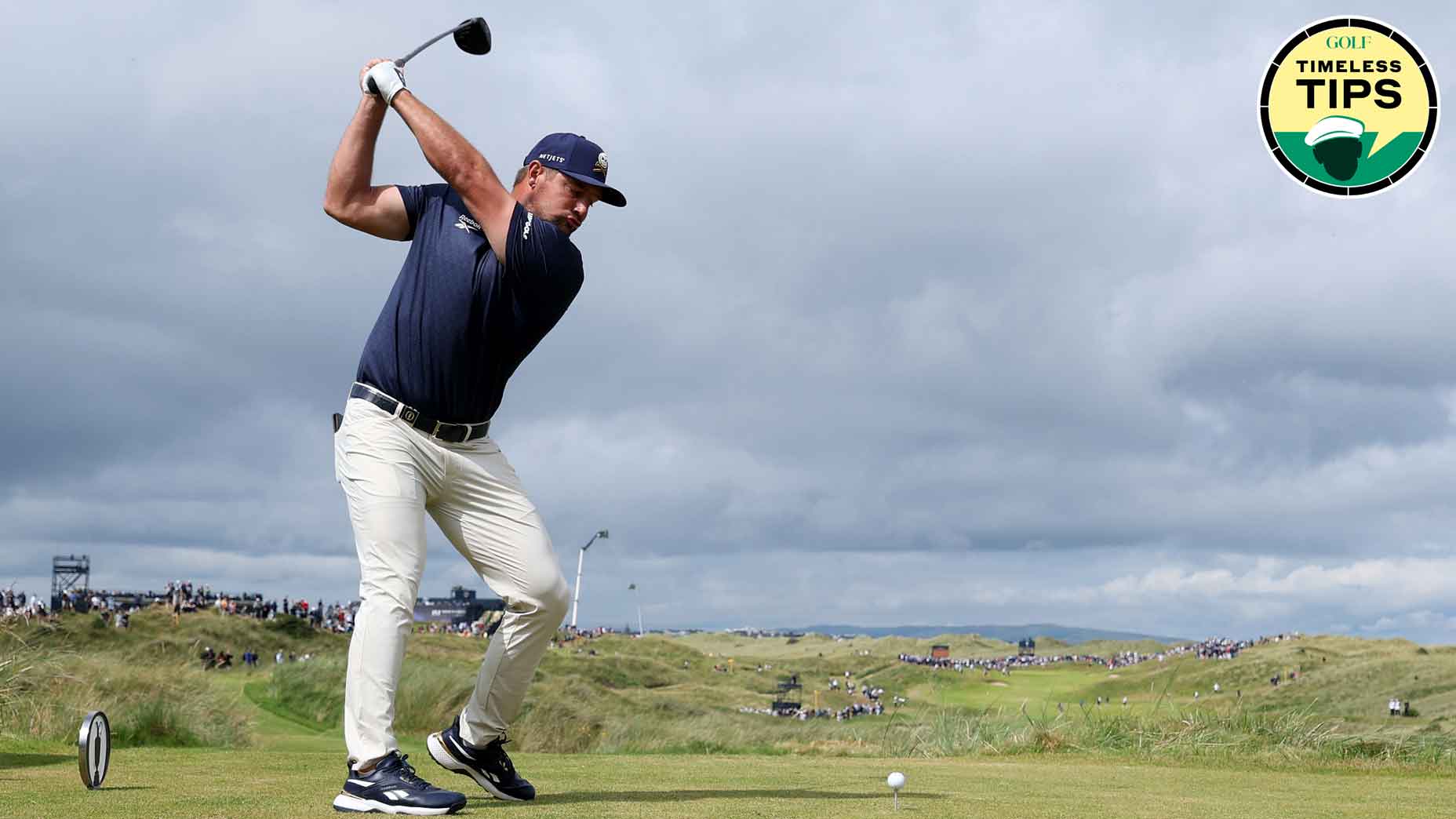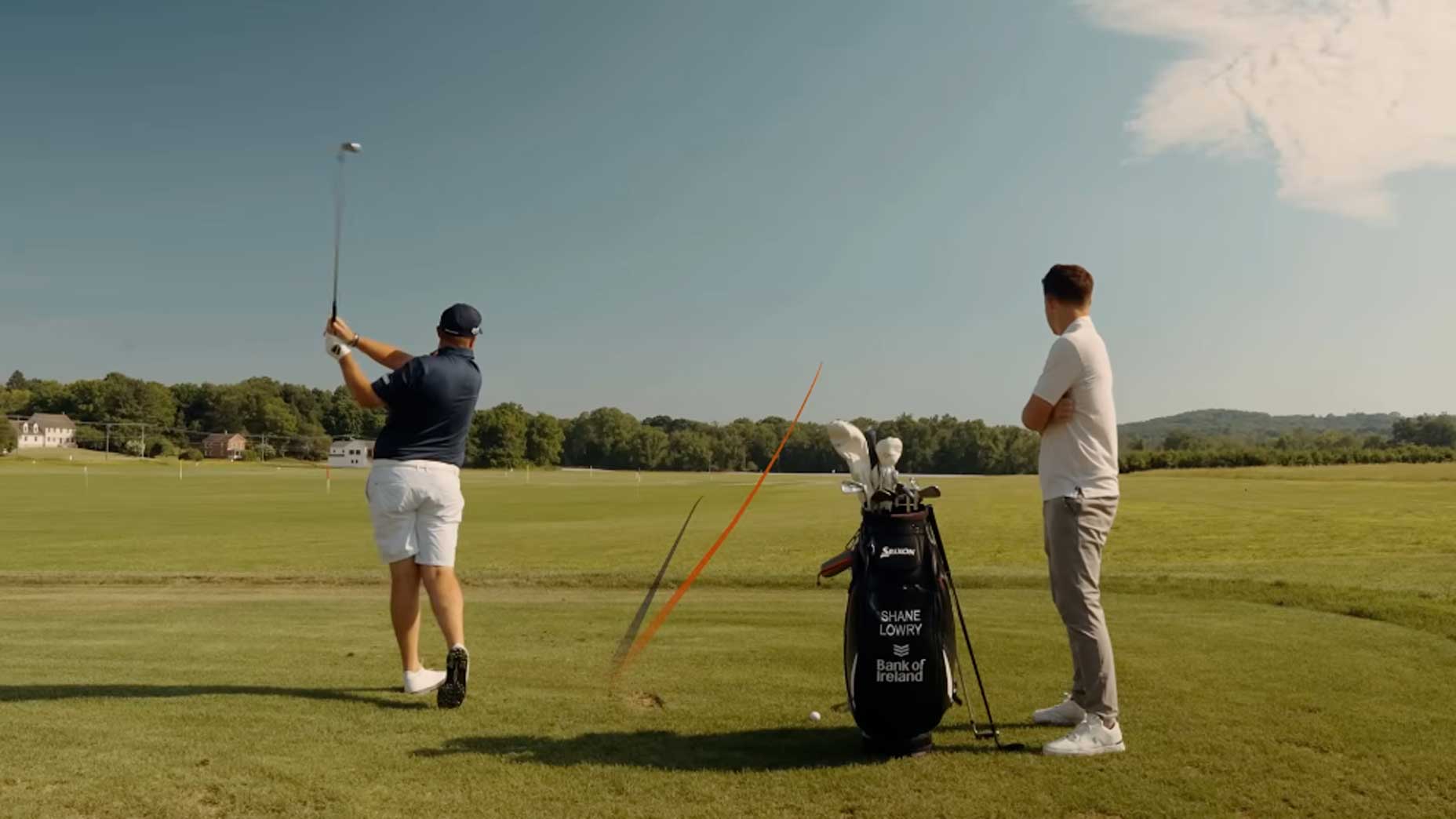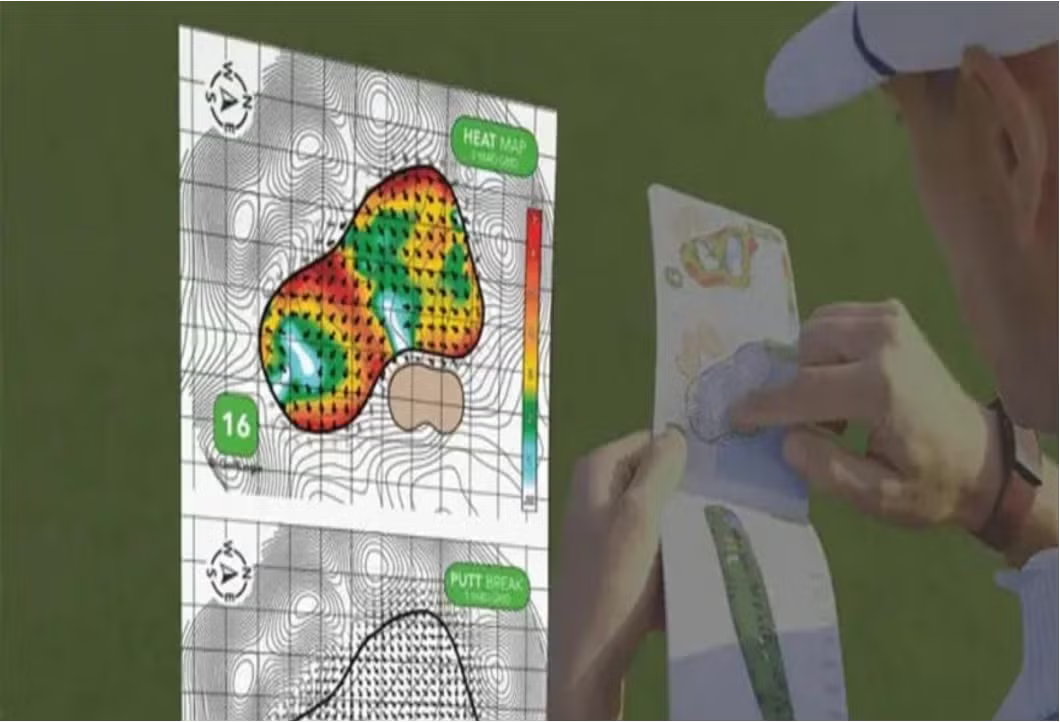It doesn’t matter how good of a golfer you are, because part of what makes the game so fun (and frustrating) is the fact that the work never stops.
For instance, just because you shot one over today doesn’t mean you’ve “figured it out” and all of a sudden are on your way toward becoming a scratch player. Without continuing to hone your skills and work on the fundamentals, there’s a good chance you’ll see regression in your overall game.
But there are so many elements to the game of golf — especially in the swing — that it can be tough to zero in on which fundamentals are the most important. To help, GOLF Top 100 Teacher Justin Parsons walks through five must-know golf swing fundamentals that will improve your game.
In the video below, Parsons, who coaches 2023 Open Championship winner Brian Harman, leans on the major champ to demonstrate the importance of each fundamental (courtesy of Titleist’s YouTube channel). So take a look and start your path toward lower scores today.
Master these golf swing fundamentals to lower your scores
In the video, Parsons says that the one thing that’s clear to him during his time teaching golf over the past 10-15 years is that understanding the basic fundamentals goes a long way in how successful you are as a player.
“The way that we stand, how we grip the golf club, how we setup to the golf ball — these all have a massive impact on the golf swing,” he shares.
So what are Parsons’ most critical golf swing fundamentals? He describes five of them.
Setup, aim, alignment
It all begins with the proper setup, and Parsons acknowledges the importance of this by saying much of the good (and bad) in your golf swing comes from how you set up to the ball.
“There are a lot of things about your golf setup that are going to have a big impact on how your golf swing’s going to operate and move,” he says.
This on-course hack will improve your aim and alignment, says top teacherBy: Nick Dimengo
Parsons then dives into how setting up correctly can impact whether or not you aim properly.
“For example, if I’m a player who tends to aim to the right too much, my golf swing is going to get flatter, so I’ll potentially get inside [on the swing path] and will hook the ball,” he says.
So treat the setup as your baseline to everything else in the golf swing.
Distance from the ball
It might sound basic, but one of the most commonly asked questions I often hear is how far away someone should stand from the golf ball. Since I’m just a mid-handicapper and not a golf teacher, I’ll allow Parsons to explain why this fundamental is so important to understand.
“The best players in the world are very consistent with their distance from the ball [while in posture],” he says. “How we set up to the golf ball, how we hinge our hips, how we get our spine into position, and where our balance points are, that’s a huge impact on how the golf club’s going to swing up and around our body. If you’re too far away from the ball and you’re going to get off-balance in your swing, your swing itself will move into different positions.”
Stop overcompensating for faulty mechanics
Something interesting that Parsons addresses in the video is a common one among amateur golfers — trying to overcompensate for faulty mechanics.
A personal example of this is my brain trying to speed up my hands due to a lack of rotation in my backswing. Since I don’t have solid fundamentals from the start, I’m working to play catch up — which is something that Parsons discusses.
“There are so many complications that occur from faulty fundamentals,” he says. “I always try to trace a player’s initial assessment back to their fundamentals [as a coach], as it’s somewhere where we can build the foundations of what they’re doing, and something we can revisit without confusing them.”
Stay in posture through the golf swing
Next, Parsons discusses how many different types of golf swings he sees — whether it’s from a PGA Tour player or just an amateur who’s looking to get better. His reminder? There’s no one-size-fits-all approach, so long as your fundamentals are solid.
“I like to see people staying in posture through the golf swing — certainly through their backswing,” he says. “I also like to see the change of direction from the backswing to the forward swing.”
Balance and sequencing
Expanding off having good posture, Parsons then lists balance and sequencing as the final golf fundamental that every player needs to dial in for more consistency.
“I like to look for good balance, good sequencing and good posture more than I might look at positions,” Parsons says. “If your fundamentals are good, your body is in a position where you’re asking it to do things you’re capable of, and your sequencing and balance are good, that’s a good way to swing the club effectively.”
Check out the new Titleist GT Drivers — the next generation of Titleist driving excellence.
Latest In Instruction

Nick Dimengo
Golf.com Editor
